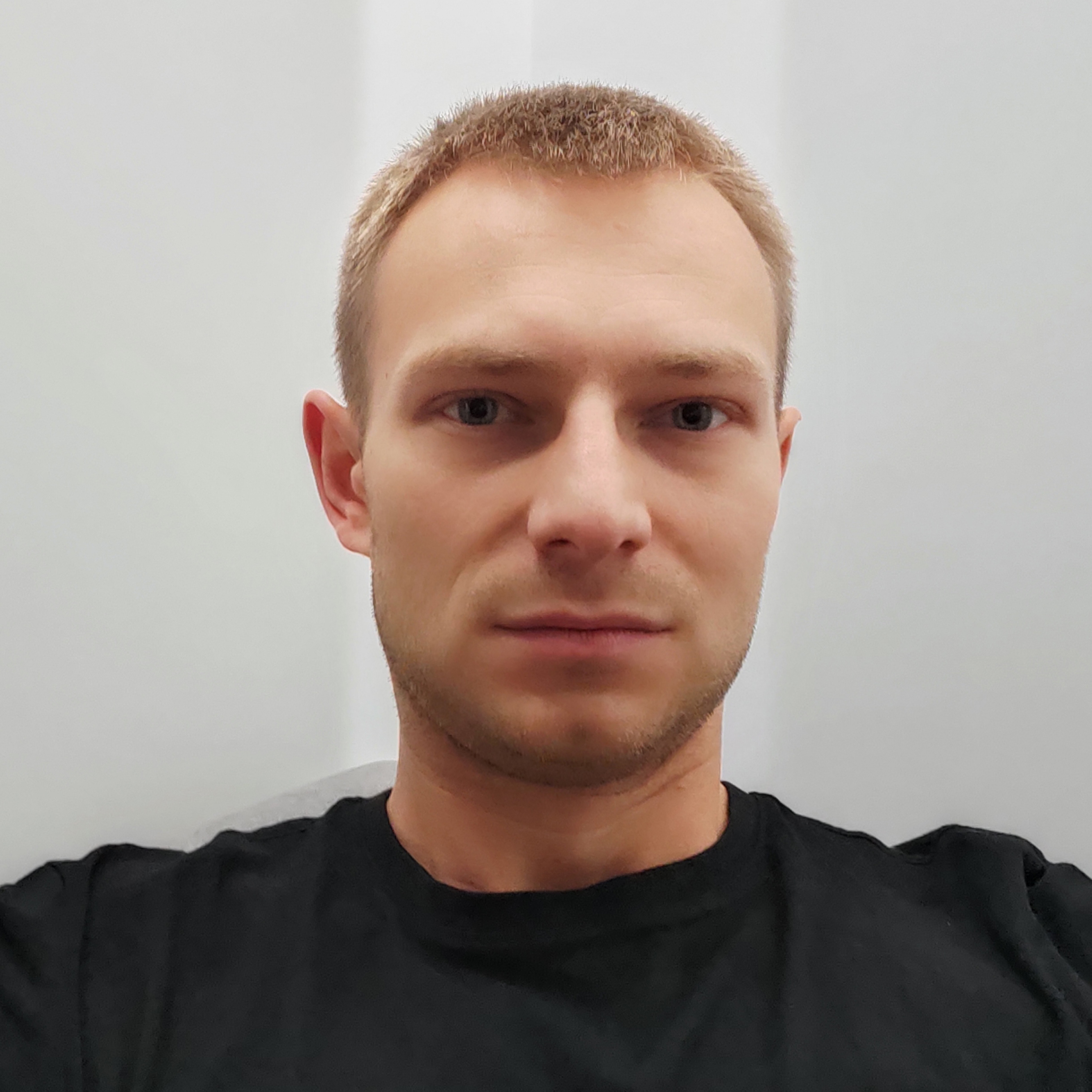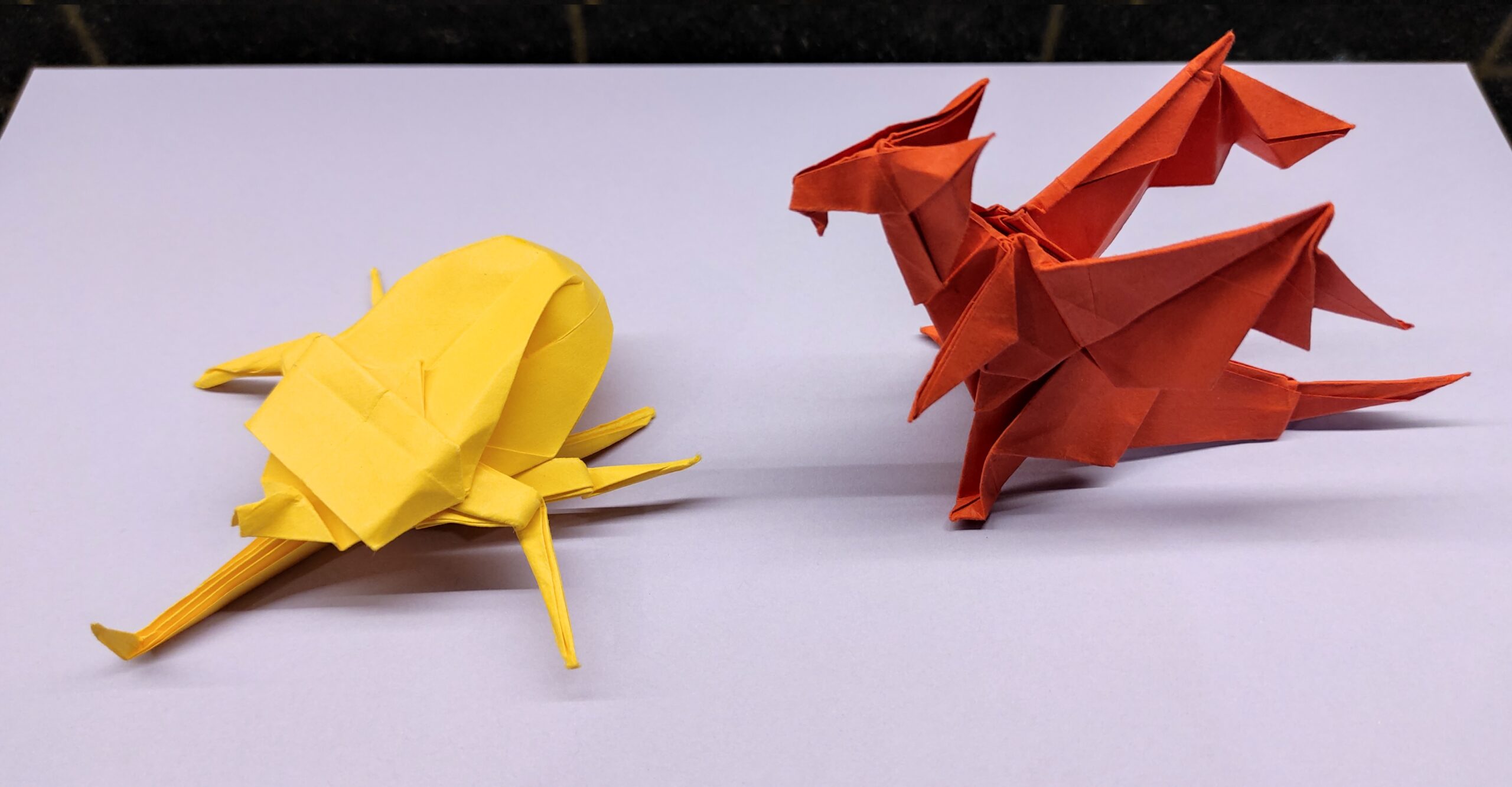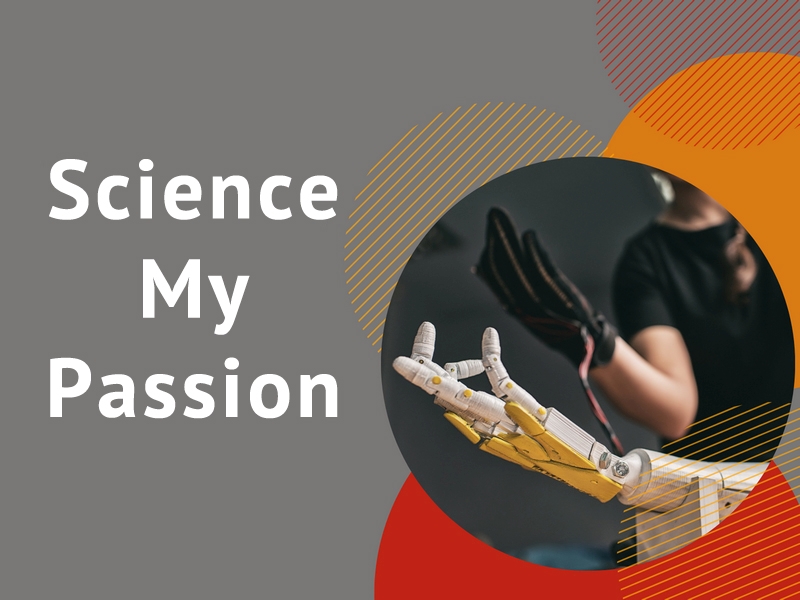Don’t do this at home!
Curiosity + Experiments = ?
Sometimes a quick renovation is needed later. But the satisfaction is worth it! Marek Matussek, PhD writes about his passion explosively, organically, structurally and strategically.
We wish you a surprising reading.
SCIENCE | MY PASSION
According to the definition taken from the Polish Language Dictionary, science is complete human knowledge arranged into a system of problems, but also a set of ideas that constitute a systematic whole and comprise a specific research field.
Science is also activity: learning and teaching.
Please read the “Science | My Passion” series, where our researchers present their work and show that science and research process can really draw us in.
MAREK MATUSSEK, PhD
Institute of Chemistry

private archive
A few words about Chemistry
Regardless of whether we like it or not, chemistry is an indispensable element of the world around us. It is enough to look around to see the enormity of the matter that surrounds us, composed of various elements and chemical compounds – organic, inorganic, organometallic and their combinations. Everything that surrounds us is matter! Intriguing and at the same time frightening is the fact that from the point of view of chemistry, humans themselves are collections of atoms that make up the complex structure of our organism. It is puzzling how easily we use chemistry in many of our daily activities, without being aware that we have just carried out a more or less complex chemical reaction. Simple examples include fuel consumption in our car’s engine, breathing, digesting food or baking a cake. Medicinal products, artifical fertilisers, metal alloys, plastics or textiles that are all so beneficial for our civilisation are examples of physical bodies whose large-scale synthesis is based on difficult and often multi-stage chemical reactions.
It is difficult to define chemistry unambiguously, because its horizons go much further, permeating and connecting related sciences and areas of knowledge, such as physics, biology, materials engineering or even pharmacy. One thing is certain, however: chemistry is around us, we use the benefits of its chemical compounds and, most importantly, we live thanks to it!
The most important thing is to be curious about the world!
American psychologist Abraham Maslow once said, “Children don’t have to be taught to be curious”. I fully agree with this statement. As a young child, I was a boy full of energy, extremely curious about the world around me. I was interested in how many things work. Why is the car moving? How does the TV remote control work? How does the refrigerator cool and the oven heat? I think these questions may seem trivial today, but from a child’s perspective, they inspired me to take action to get specific answers. I don’t think I need to describe how children try to solve these kinds of puzzles. My parents quickly noticed my thirst for knowledge. In order to keep their son healthy and to protect the devices in the house from damage, they decided to tame my curiosity a bit. To this day I remember when they gifted me a mini DIY enthusiast kit and the Adam Słodowy’s book “I like DIY” [original title “Lubię majsterkować”]. I was fascinated by the projects presented there, which could be implemented in the safety of my home with a small financial outlay. That was it! I quickly built a pocket vacuum cleaner with a transparent casing, able to suck in crumbs left from the sweets I ate. The mentioned mini vacuum cleaner, thanks to the transparent casing, was a very good model explaining the principle of operation of a real house “dirt absorber”. With its help, I even won the school competition “Mysterious Physics”, which was a kind of motivation for further activities in this area. As much as their finances allowed it, my parents also supplied me with sets of LEGOs. During my childhood, it was a relatively expensive investment that required a substantial reductions in the home budget. Things you do for your chidlren. I loved putting them together, creating all sorts of fancy constructions with them. My imagination was limitless. I am ashamed to admit, but to this day passing toy aisles in large shops, I happily stop for a longer moment and get acquainted with the currently offered sets of LEGOs. It seems to me that this is a kind of sentimental return to the past years of carefree childhood.
In a short time, new interests emerged. My mom bought me a book on origami. With it, I got to know the beautiful art of paper folding, which perfectly teaches precision, patience, and sometimes your own creativity. I was a night owl who, hidden from my parents, was ruining my sleeping schedule, creating animals and other fairy-tale creatures out of a sheet of coloured paper. To this day, the beetle and the dragon have survived in their full glory despite the passage of time.

private archive
Unwavering enthusiasm and slowly accumulating experience made me start implementing more ambitious ideas. A crossbow capable of firing a series of arrows with one pull of the trigger, ingenious Goldberg machines, rocket models powered by a mixture of potassium nitrate and sugar, or later models of remote-controlled cars – these are the most interesting projects that stuck in my memory.
Truth be told, my beginnings with chemistry were difficult. In order to improve the propulsion of self-supporting rockets built by me, I decided to “produce” some black powder. I didn’t realise how dangerous it is. The first proportions of ingredients were wrong, the mixture burned slowly, you could say that there were no spectacular effects. Without scales, I had to work using the method of trial and error. It wasn’t until the fourth try that I made a good mix, but of course I wasn’t aware of how good it was! The effects, however, quickly became known. I burnt the table, a piece of the floor and stained the wall of my home workshop. Fortunately, I myself made it out without any burns. Unfortunately, my parents found out about the unsuccessful (or in fact, too successful!) experiment and I had to suspend my experimental activities for some time. This life lesson has taught me to be humble about the chemical experiments I carry out. Today I know that some mixtures, seemingly completely safe, can contain huge amounts of energy that can be released with a single spark!
Until the end of my middle school education, my interests were in the broadly understood area of exact and technical sciences, without being unequivocally focused on a specific field. There was even a, thankfully short, period of stagnation. Starting high school and meeting a very good chemistry teacher – Ms Aleksandra Dąbrowska – were groundbreaking in terms of directing me to further life plans, as well as inspiring me to explore my knowledge and develop further. In chemistry lessons, I learned the basic laws and rules governing the “chemical world”. I learned how extensive this field is, dealing with substances that, on the one hand, can have healing properties, smell beautiful, and on the other hand, be toxic or addictive. I discovered unknown to me up until that point analysis and coupling reactions, thanks to which the chemist receives new molecules (substances) in the laboratory. On top of everything else, I was able to be an observer of a number of highly interesting and spectacular chemical experiments, discovering the colourful and extremely interesting side of chemistry. I quickly understood that this was something for me, something that I would like to do for longer, explore and experience even more. You could say that there was chemistry between me and chemistry! The conclusion was obvious – the only right way is to start studying chemistry. As my Alma Mater, I chose the University of Silesia. There were several reasons for this decision; the ones that prevailed were the location of the University not far from my hometown of Chorzów, as well as the reputation of the University of Silesia built over many years.
University studies were a very important stage in my life. I cannot deny that they exerted the greatest influence on my personality. At that time, I met many wonderful people who formed a large group of the Academic Community, with the participation of whom I was able to expand my knowledge both in theory and in practice during laboratory classes. As I studied, I got to know all the fields of chemistry. However, somewhere in the middle, because at the end of my undergraduate studies, I “rediscovered” organic chemistry. I liked it very much. With relatively great ease I was acquiring extensive knowledge in this extremely interesting, but complex in nature, field, which I chose as a specialisation in my fifth year. After I finished my graduate studies, I worked for some time in an analytical laboratory, testing the quality of petroleum products, especially liquid fuels. However, I was not entirely fulfilling the role of an analytical chemist, feeling deep down the need for further development. I didn’t hesitate for too long before I decided that I would start my doctoral studies at the same University where I obtained my Master’s degree in chemistry. I already knew the environment to a large extent, and therefore I could easily start a further, in my opinion, more and more interesting adventure related to science. During my doctoral studies, I was in my element! The freedom of research allowed me to undertake a research problem falling within the scope of my favorite organic chemistry, and with time, as it turned out, organometallic and catalysis chemistry. To this day, I carry out the subject matter falling within the scope of the aforementioned organic chemistry, synthesising and researching compounds constituting the class of pi-extended molecular materials based on carbon.
What am I now?
Hmm… it’s not easy to characterise yourself. It is a task more difficult than it might seem. Currently, my interests are focused on the automotive industry and related technological innovations. When it comes to my daily life I love going on walks with my girlfriend’s beloved doggy. Moreover, when we have some free time, we like to go to the cinema to watch an interesting film or – and I’m not joking! – sit down and play a good game of chess, intensely developing strategic thinking. For me, sport is also a springboard from my daily duties, especially running and calisthenics. During free weekends, I love long hikes on mountain trails; if only we have the opportunity, we get away from the hustle and bustle of cities filled with noisy cars. Nature has a soothing effect on us.
Regarding my scientific interests, I am particularly interested in organic electronics, and more precisely in the synthesis and properties of electroactive molecular materials that can be components of active layers in the technology of organic light emitting diodes (OLEDs). Where will this amazing adventure take me? I do not know that yet. I look to the future with interest. Science allows me to be flexible, that’s a huge benefit!
To conclude this story, let me quote the well-known life motivator Tony Robbins, who in his book wrote: “Interesting people never get bored, and life becomes an endless joy for them”. I wish this to all the readers. Thank you!






